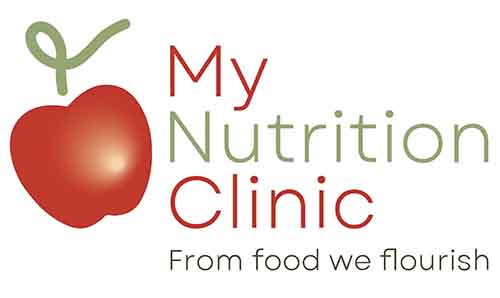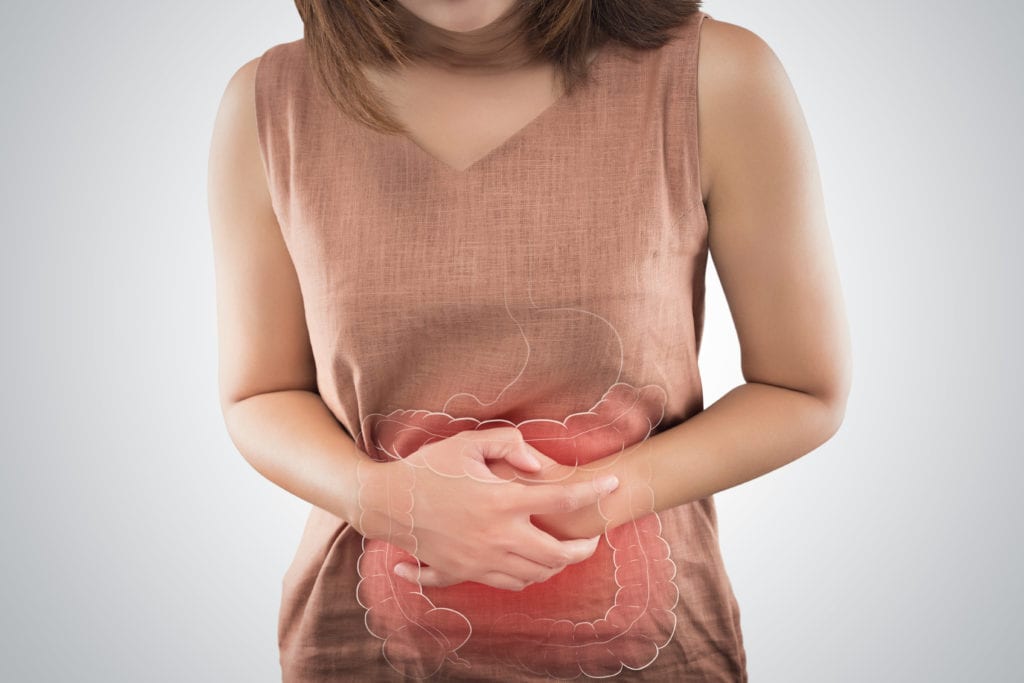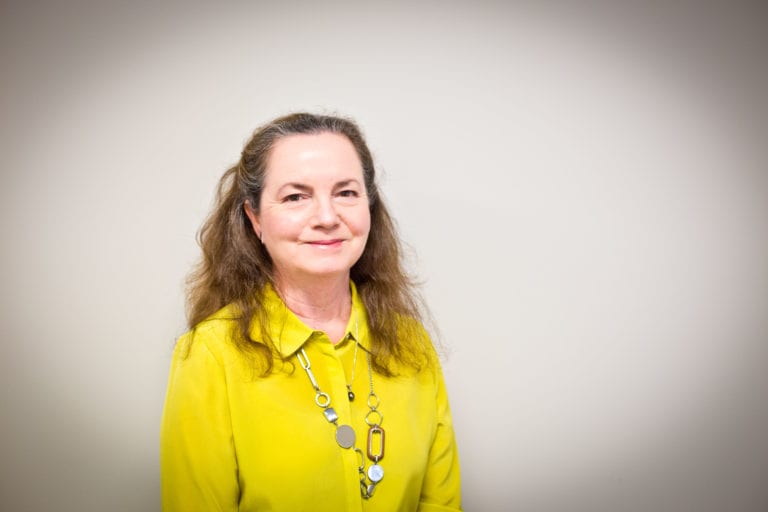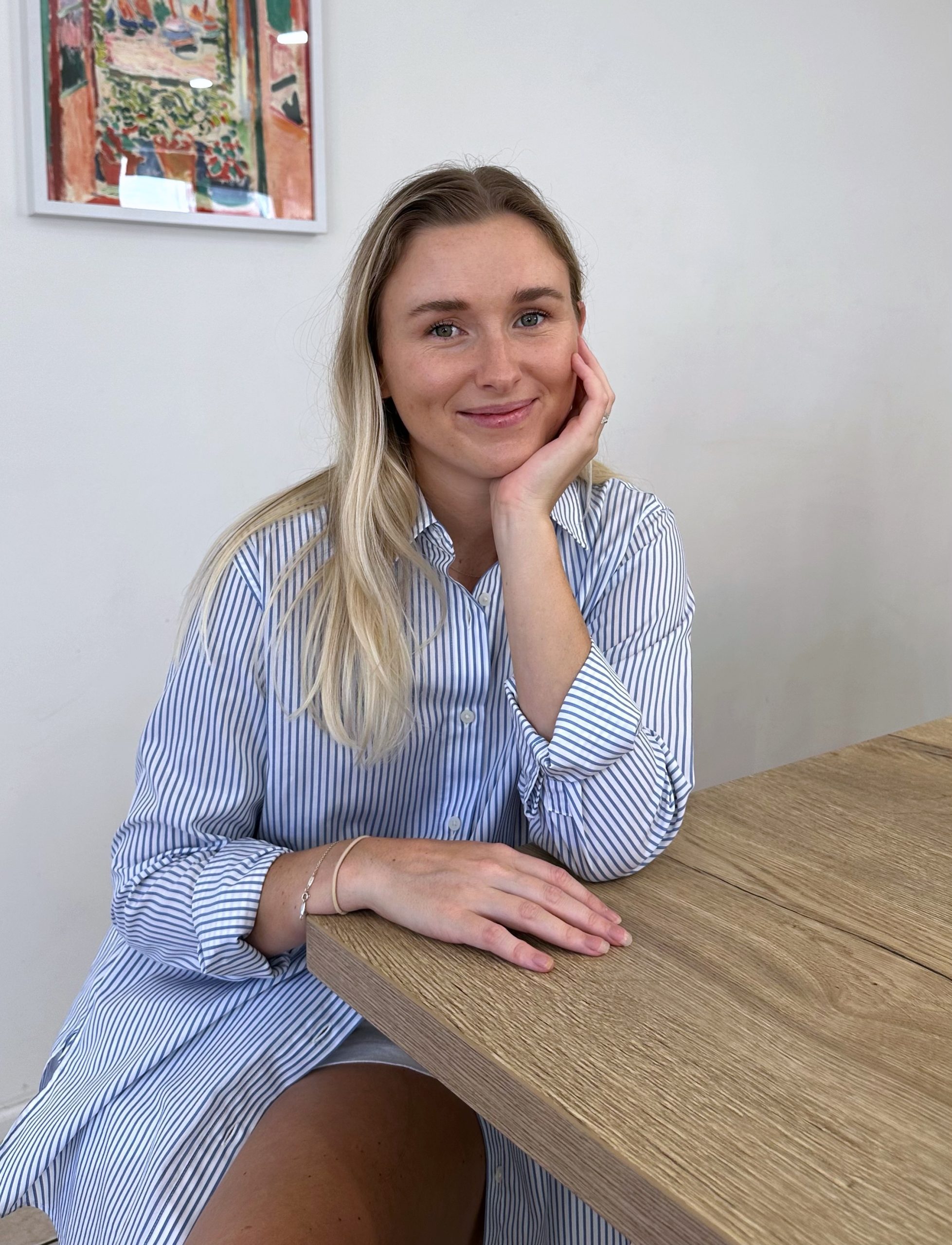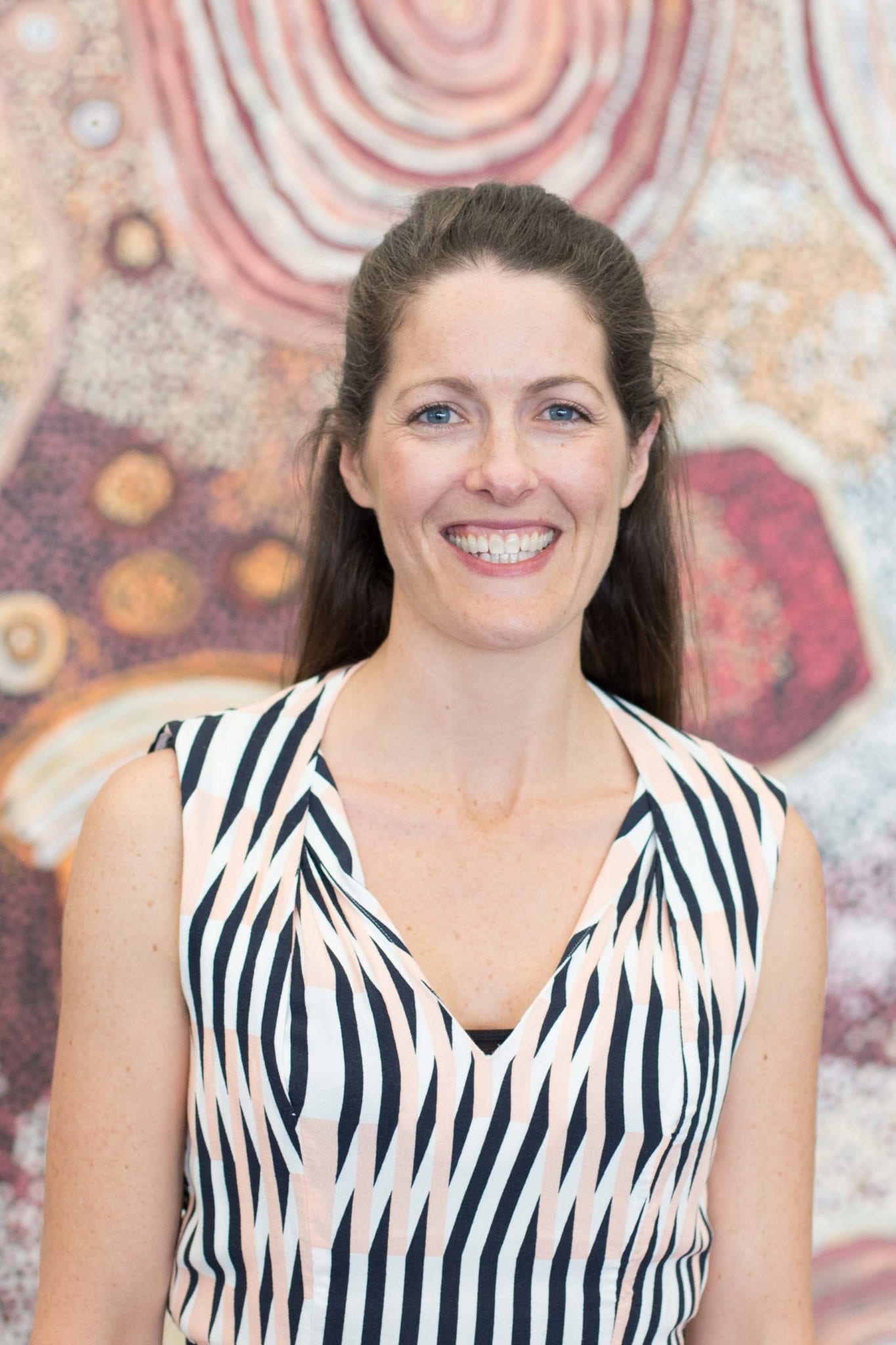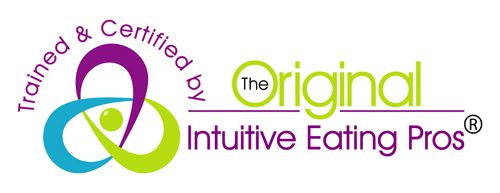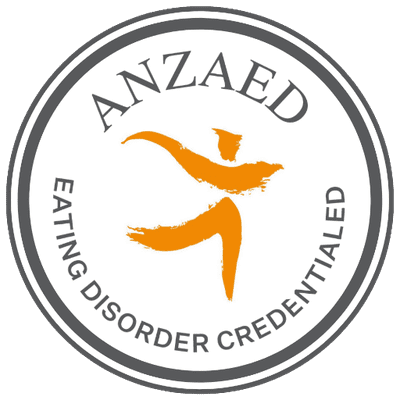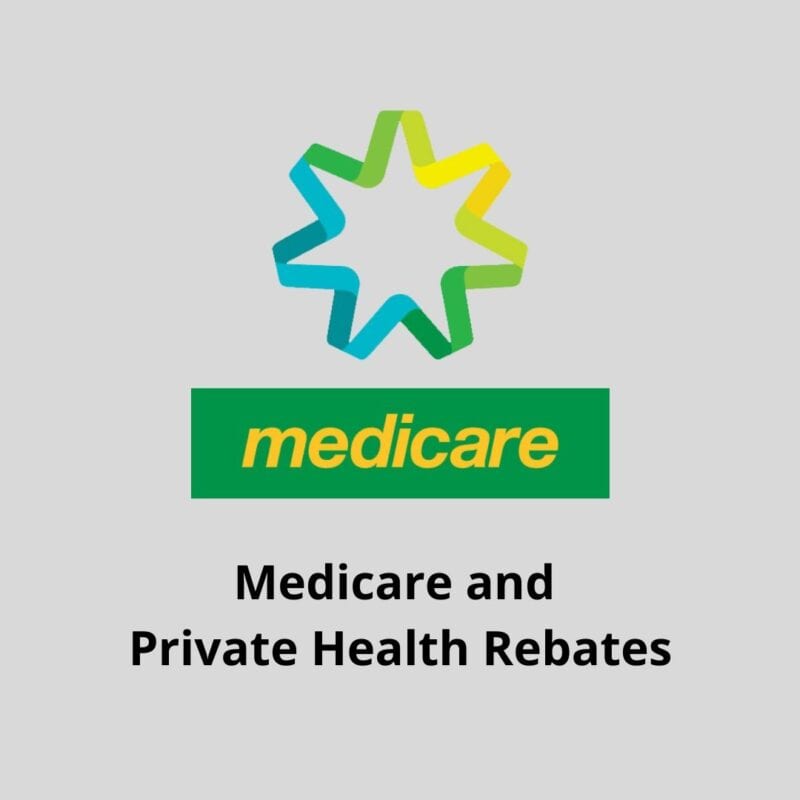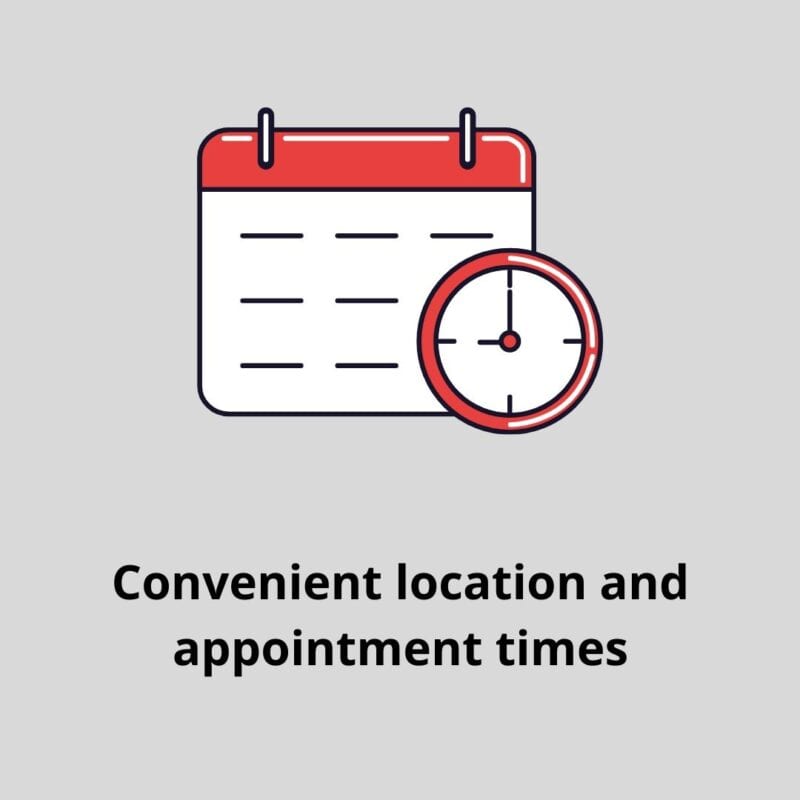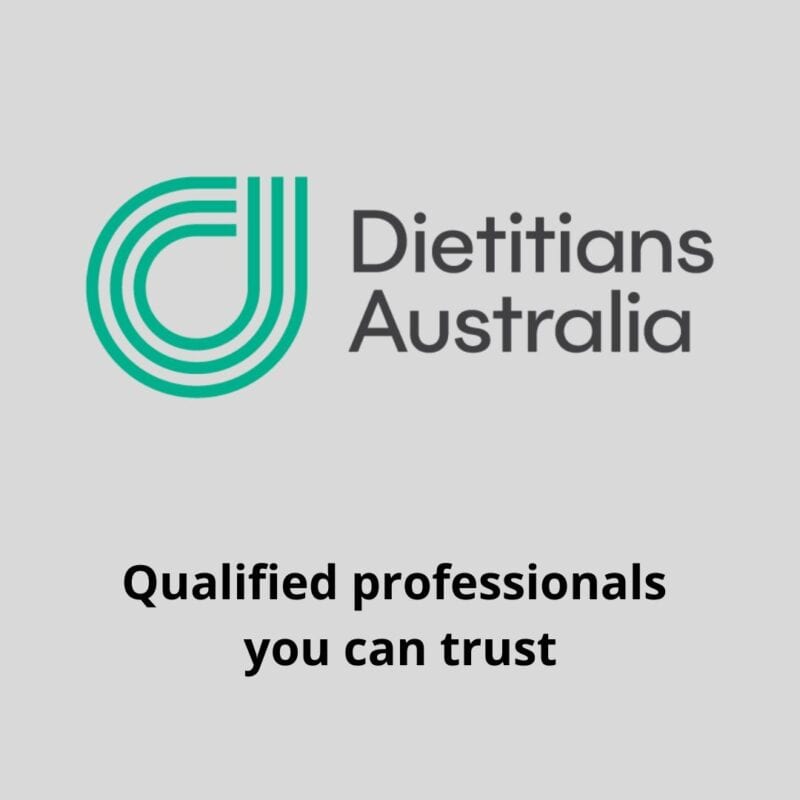PHASE 3: RETURN TO A NORMAL DIET WITH A FOCUS ON IMPROVING GUT HEALTH
Returning to a normal diet. Although at this stage you are likely to be feeling a lot better, it is important to complete this phase of the diet to ensure that you are meeting your nutrient requirements. Cutting out foods or groups of foods put you at risk of nutritional deficiencies or new unwanted symptoms such as lethargy, low mood and weight gain.
This is because FODMAPs contain important nutrients for good gut health and therefore it is important you replace these lost nutrients. Good gut health has been linked to the function of the brain and may affect the body’s production of hormones which affect appetite, energy and weight as well as neurotransmitters that can affect mood. Our dietitians are very experienced health professionals and the best placed to develop your personalised long-term eating plan.
